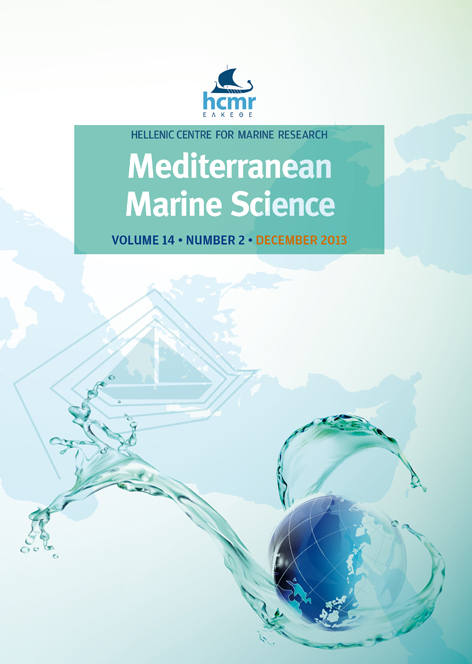Distribution and morphological abnormalities of recent foraminifera in the Marano and Grado Lagoon (North Adriatic Sea, Italy)
Аннотация
The Marano and Grado Lagoon, is a northern Adriatic wetland system of relevant naturalistic and economic value, that is constantly under quality control in accordance with the current environmental directives. Benthic foraminifers community with its morphological abnormalities were investigated in the recent sediments (about 10 years old) of 21 stations collected in the framework of the “MIRACLE” Project which aimed at testing the coexistence of clam farming with high Hg contamination. Euryhaline foraminifers, well known in Mediterranean brackish-waters, mainly characterizes the total assemblage. A. tepida dominates in areas characterized by low salinity, high clay and Corg content, but also to anthropogenic pressure. E. gunteri and H. germanica are recorded in the western sector of the lagoon, which is more affected by salinity variations and agricultural activities. Slightly higher values of assemblage diversity appear in less restricted areas of the lagoon or, at least, where physical parameters such as temperature and salinity are less variable. The test abnormalities, carried out on total assemblage, shows that the FAI (Foraminiferal Abnormality Index) values always exceed 1% of the total assemblage, with clear decreasing gradients from inland to the sea (from N to S) and from W to E in the studied area.
Article Details
- Как цитировать
-
MELIS, R., & COVELLI, S. (2013). Distribution and morphological abnormalities of recent foraminifera in the Marano and Grado Lagoon (North Adriatic Sea, Italy). Mediterranean Marine Science, 14(2), 432–450. https://doi.org/10.12681/mms.351
- Выпуск
- Vol 14, No 2 (2013)
- Раздел
- Research Article
Authors who publish with this journal agree to the following terms:
- Authors retain copyright and grant the journal right of first publication with the work simultaneously licensed under a Creative Commons Attribution Non-Commercial License that allows others to share the work with an acknowledgement of the work's authorship and initial publication in this journal.
- Authors are able to enter into separate, additional contractual arrangements for the non-exclusive distribution of the journal's published version of the work (e.g. post it to an institutional repository or publish it in a book), with an acknowledgement of its initial publication in this journal.
- Authors are permitted and encouraged to post their work online (preferably in institutional repositories or on their website) prior to and during the submission process, as it can lead to productive exchanges, as well as earlier and greater citation of published work (See The Effect of Open Access).





